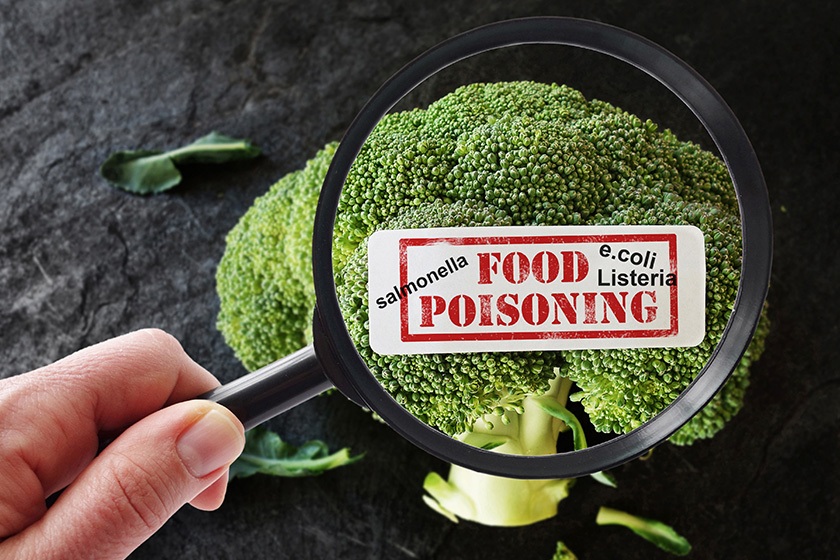Food poisoning may affect everyone, but the elderly are more prone to become unwell and suffer from a more serious sickness. Your elderly loved ones are more vulnerable since their immune systems and organs no longer identify and eliminate hazardous bacteria as efficiently as they previously did. Nearly half of patients aged 65 and older who have Salmonella, Campylobacter, Listeria, or E. coli are hospitalized. Continue reading to learn more about food poisoning in the elderly.
About Food Poisoning in the Elderly
Although anybody of any age can become ill from food poisoning, the elderly are especially vulnerable for a variety of reasons. Immune systems in older adults are not as strong as they previously were. This makes it more difficult to combat germs, parasites, and other infections. Your loved ones have less stomach acid, which causes slower digestion and decreased resistance to foreign microorganisms. Furthermore, compromised kidneys, which are typical in the elderly, are less efficient than healthy kidneys at filtering pollutants from the blood. This signifies that food poisoning is difficult to heal from and may return.
Dangers of Food Poisoning in the Elderly
In most situations, normally healthy sufferers of food poisoning recover in two to three days. However, this illness can sometimes develop into consequences that are hazardous or even life-threatening, particularly in the elderly. In addition to the physical strain induced by fever and muscular cramps, the most dangerous effect is dehydration caused by diarrhea and vomiting. If left untreated, fluid and electrolyte loss can ultimately lead to organ failure, but now even mild dehydration can produce weakness, lethargy, an elevated heart rate, or even delirium. It can also cause a dramatic decrease in blood pressure as well as loss of consciousness.
Clear fluids should be consumed to treat dehydration. If nausea persists, drinking flat ginger ale, as well as clear broths, is an excellent place to start. They can also consume ice pops or frozen water, or sports beverages such as Gatorade. However, in severe situations, intravenous fluids may well be required to rehydrate.
Preventing Food Poisoning
Although there is no way to totally remove the chance of food poisoning, it is a highly preventable condition. You or your loved one may dramatically lower the chances of becoming sick from a stomach bug by adopting a few easy measures. The CDC suggests the following four easy procedures for meal preparation:
- Clean: Before, during, and after preparing meals, as well as before eating, wash hands for 20 seconds with water and soap.
- Separate: In the kitchen, cross-contamination is a prevalent hazard. Germs can spread from raw meat, fish, poultry, and eggs to other goods. The solution is to isolate everything.
- Cook: Undercooked food does not reach a high enough core temperature to destroy microorganisms that might cause illness. Make use of a food thermometer.
- Chill: Keep the refrigerator at or below 40°F. Thaw frozen foods in the fridge or the microwave. Don’t leave them on the counter to warm up. Bacteria will proliferate first in the sections of the meal that reach room temperature.
Live a Worry-free Retirement Lifestyle at TerraBella Southern Pines
Gone are the days you or your loved ones have to prepare a meal! Our retirement community will be perfect for you or a loved one who cherishes a maintenance-free lifestyle. We offer two types of living options: resident-focused Assisted Living and our specialist Memory Care program. Our retirement community provides individualized care plans and services that promote independence while still assisting with personal care, medical needs, and daily living duties as needed to take care of our residents’ living needs.
Contact us today to learn more about our senior living options!







